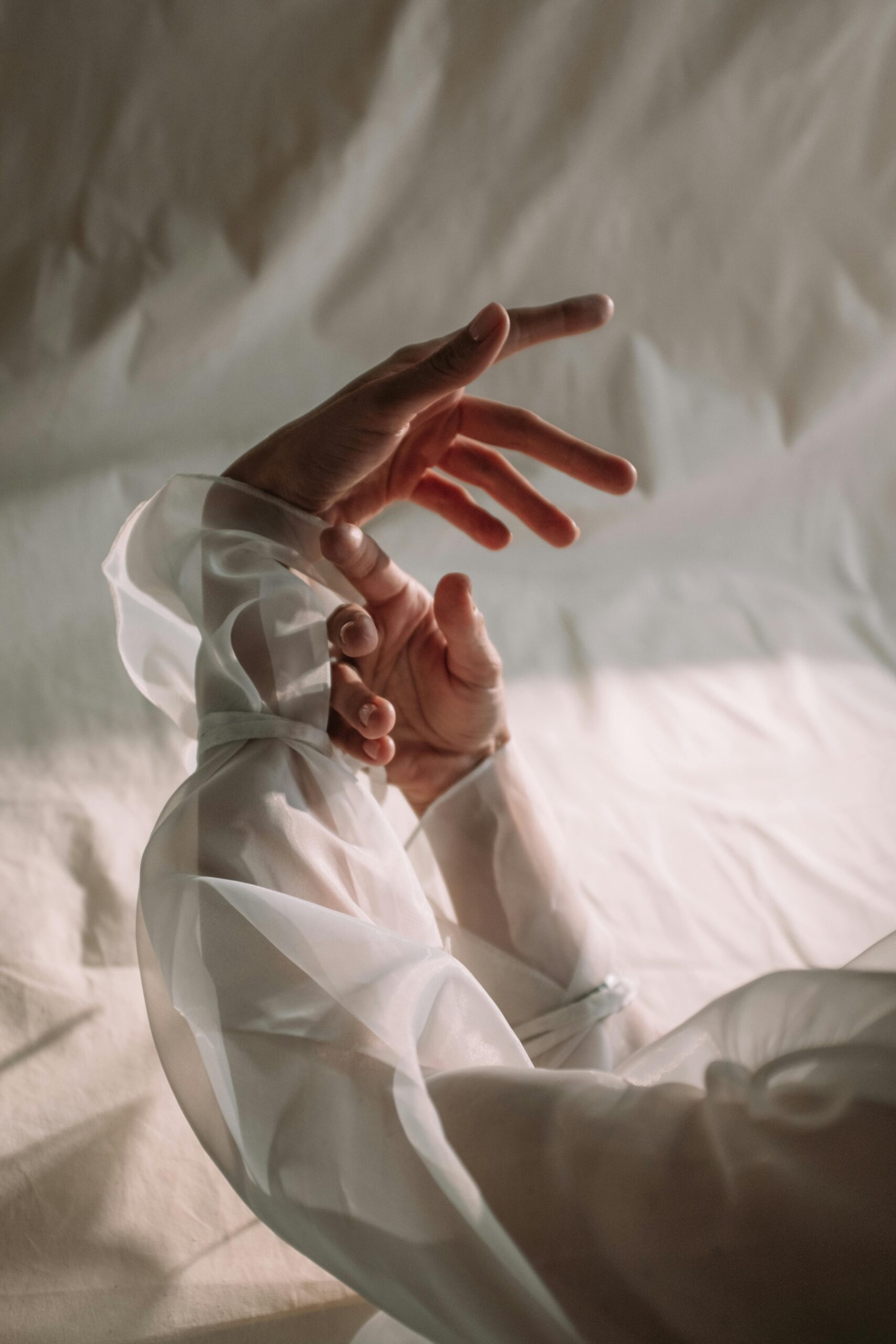By RICK BAROT
| In the park we stopped and looked up at the high branch where the ferruginous hawk ate another winged thing, the torn feathers drifting down. The hawk made a noise, like a little lever of pleasure giving way inside. I thought of the question the choreographer asked her gathered dancers: What do you do in order to be loved? It was as though I’d been holding my breath the whole day, walking beside you. A strong spring light struck us. Next to you on the ground, your shadow looked like crumpled black paper. |
Rick Barot’s most recent collection of poems is Moving the Bones. He directs the Rainier Writing Workshop, the low-residency MFA program at Pacific Lutheran University in Tacoma, Washington.



